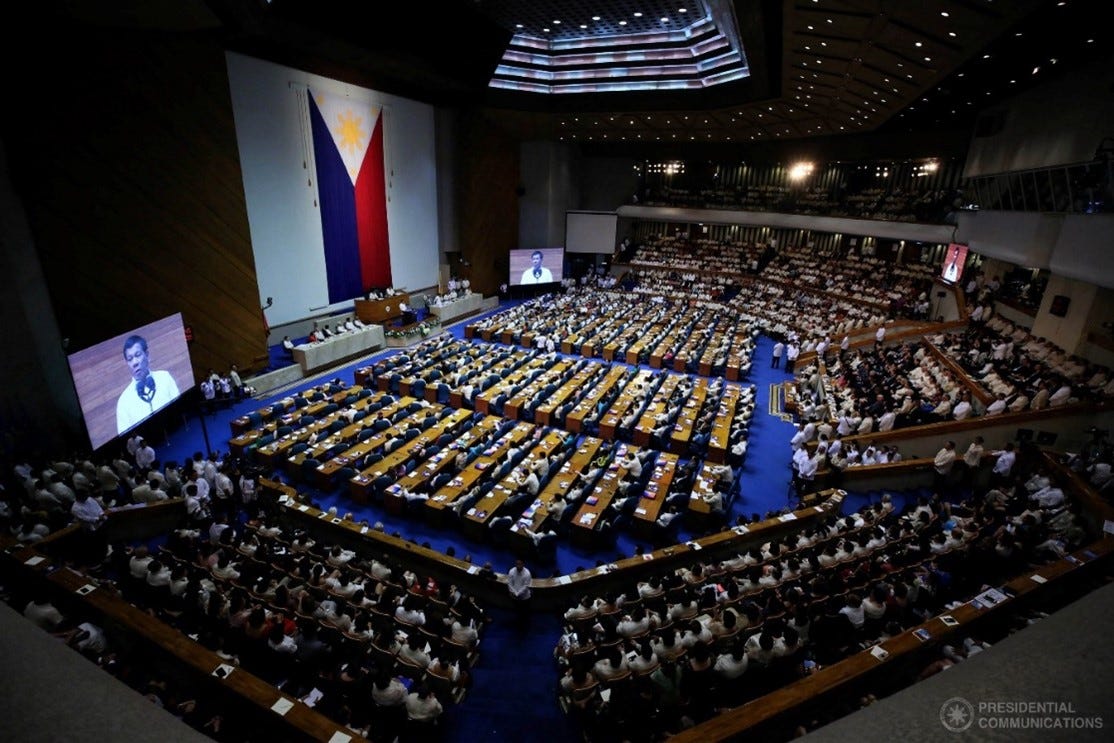Philippine Legislature: Democratic Facsimile
Regional dynasts, celebrities, Duterte acolytes dominate both houses in wake of election
The overwhelming victory of Ferdinand “Bongbong” Marcos Jr. in the Philippine presidential election, thanks at least in part to the re-writing through social media of the oppression and pillage that characterized his father’s rule in the 1970s and 1980s, is not the only reason to worry about the direction of Philippine democratic politics.
As expected, t…
Keep reading with a 7-day free trial
Subscribe to Asia Sentinel to keep reading this post and get 7 days of free access to the full post archives.


